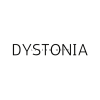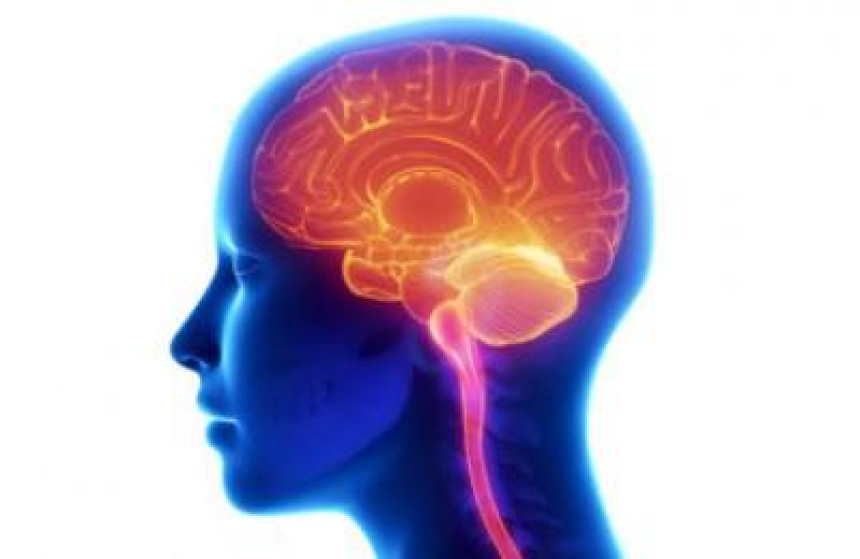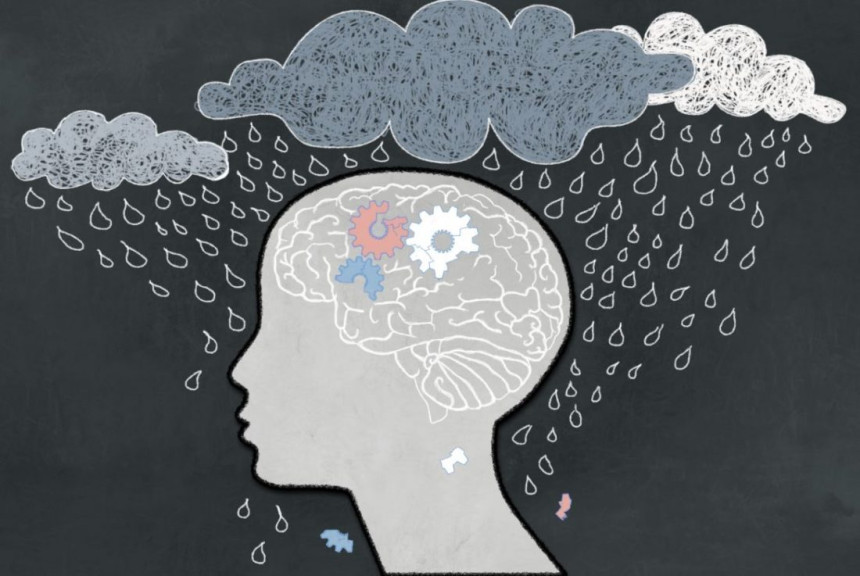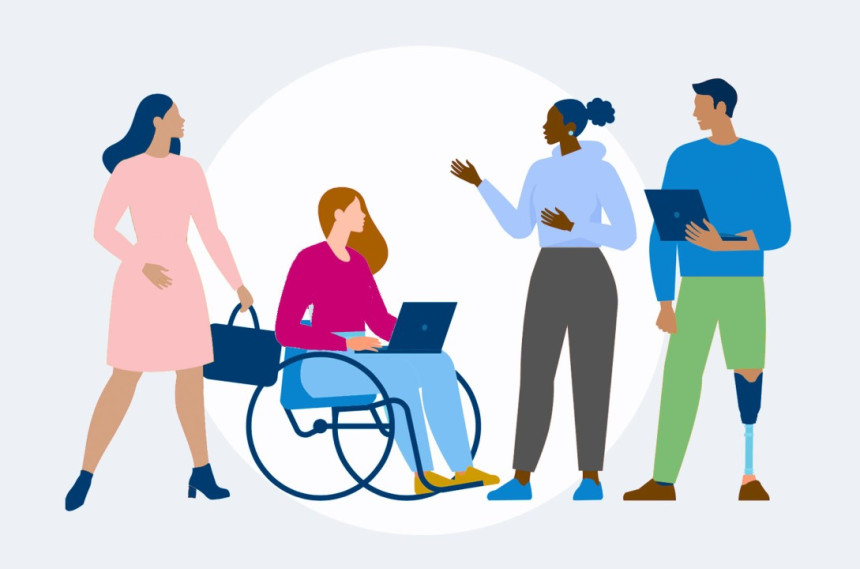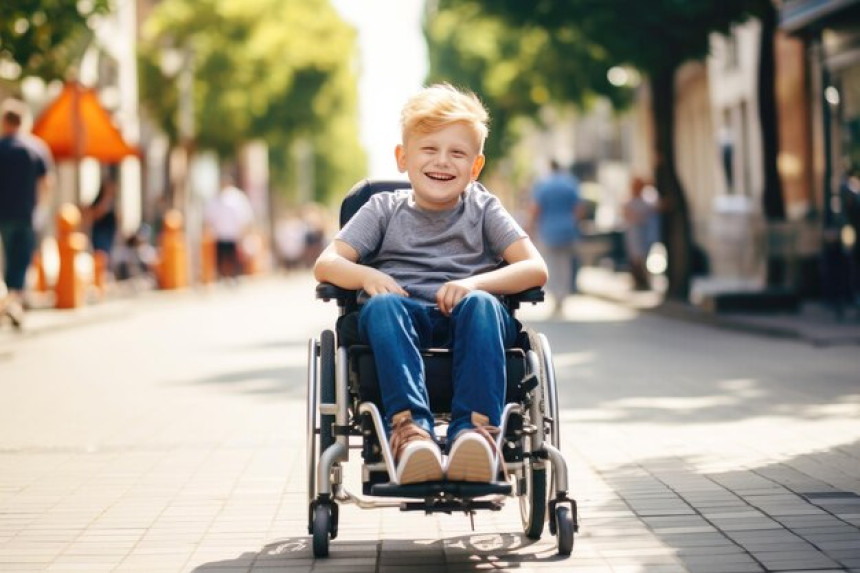
Parenting a Child with Dystonia: Strength, Support, and Unconditional Love
Parenting comes with its challenges, but when a child is diagnosed with dystonia, it introduces a unique set of concerns and responsibilities. Dystonia, a neurological movement disorder that causes involuntary muscle contractions, can affect a child’s daily life, from simple movements to social interactions. As a parent, you may feel overwhelmed, but with the right knowledge, support, and mindset, you can help your child lead a fulfilling life.
Understanding Your Child’s Needs
Each child’s experience with dystonia is different. Some may have mild symptoms, while others may struggle with severe movement limitations. Understanding your child’s specific condition is key. Consulting a movement disorder specialist can provide insights into treatment options like physical therapy, medications, Botox injections, or even deep brain stimulation (DBS).
Creating a Supportive Environment
Children with dystonia may face difficulties in school, at home, or in social settings. As a parent, you can:
- Encourage open communication – Let your child express their frustrations and fears.
- Educate their teachers and peers – Raising awareness can help create an inclusive and understanding environment.
- Make necessary accommodations – Simple modifications like using adaptive tools or allowing extra time for tasks can make a big difference.
Managing Emotional and Mental Well-being
Dystonia not only affects the body but also impacts a child’s self-esteem and emotional health. Children may feel different from their peers, leading to frustration or anxiety. You can help by:
- Encouraging social interactions – Help them find hobbies or activities where they feel included.
- Providing reassurance – Remind them that they are more than their condition.
- Seeking professional counseling – Therapy can help children cope with emotional struggles.
Self-Care for Parents
Caring for a child with dystonia can be emotionally and physically demanding. As a parent, don’t forget to take care of yourself too. Join support groups, talk to other parents, and allow yourself moments of rest. Remember, a strong and healthy parent is essential for a strong and happy child.
Looking Toward the Future
With advancements in medical research and growing awareness, children with dystonia can lead productive and fulfilling lives. By being their biggest advocate, supporting their dreams, and never losing hope, you can help your child navigate their journey with courage and confidence.
Final Thoughts
Parenting a child with dystonia comes with challenges, but it is also filled with moments of joy, resilience, and love. Every step forward, no matter how small, is a victory. With the right mindset, a strong support system, and unwavering determination, you and your child can face the future with hope and strength.
